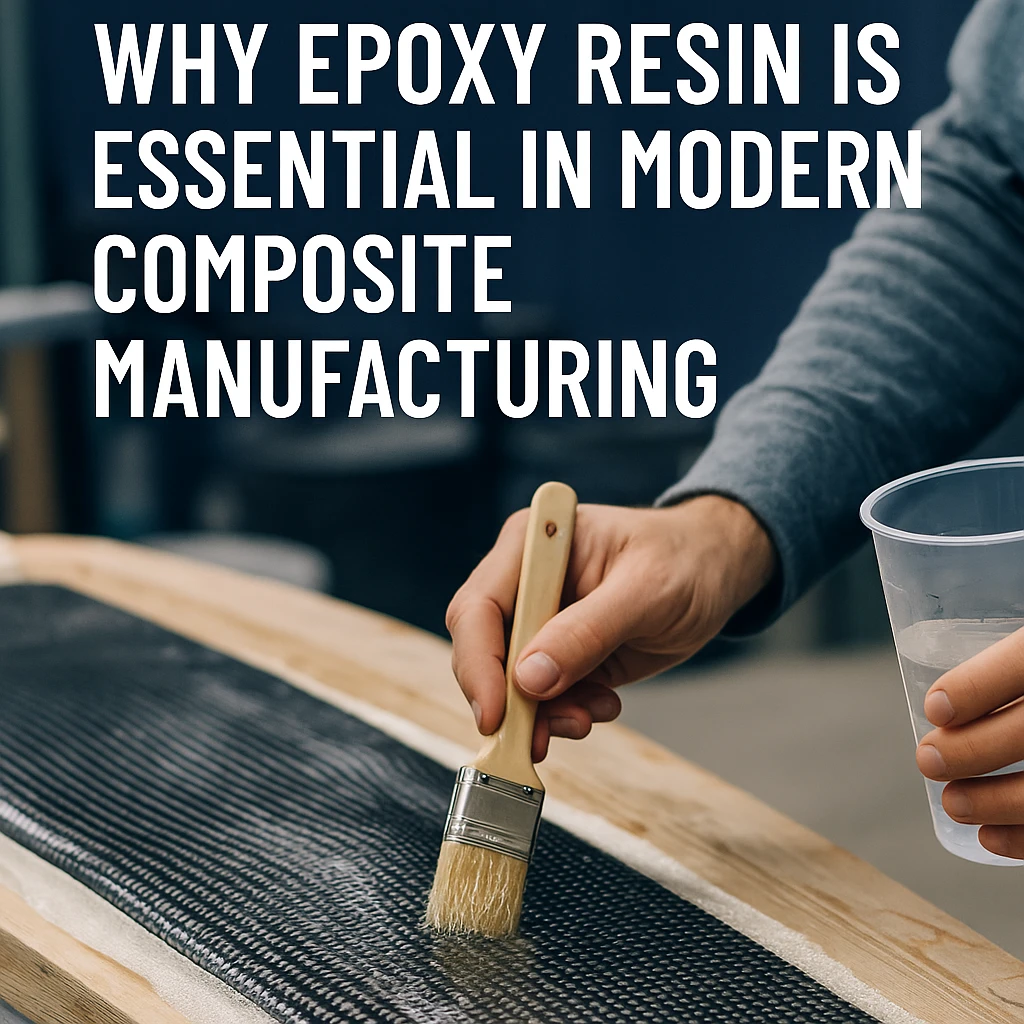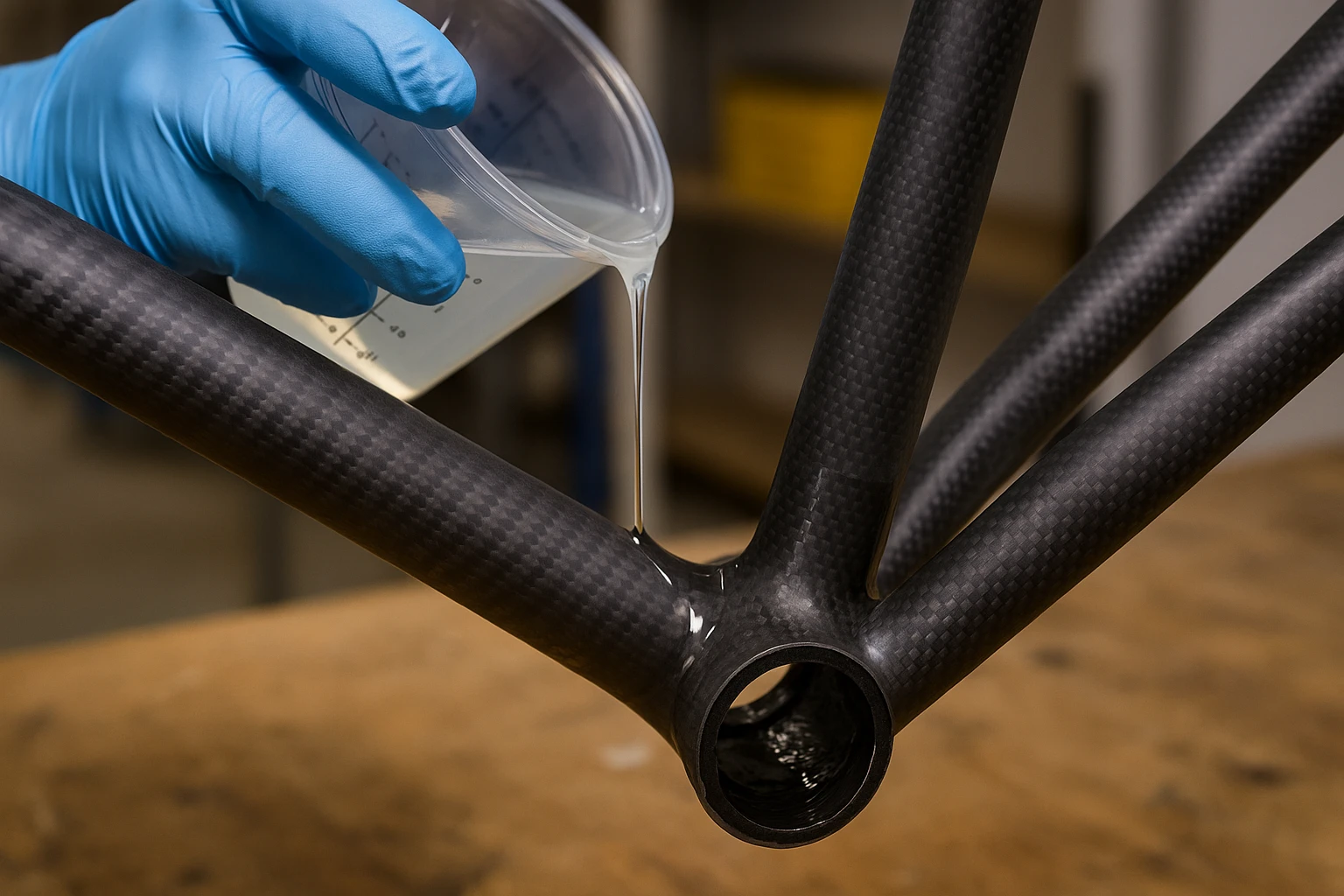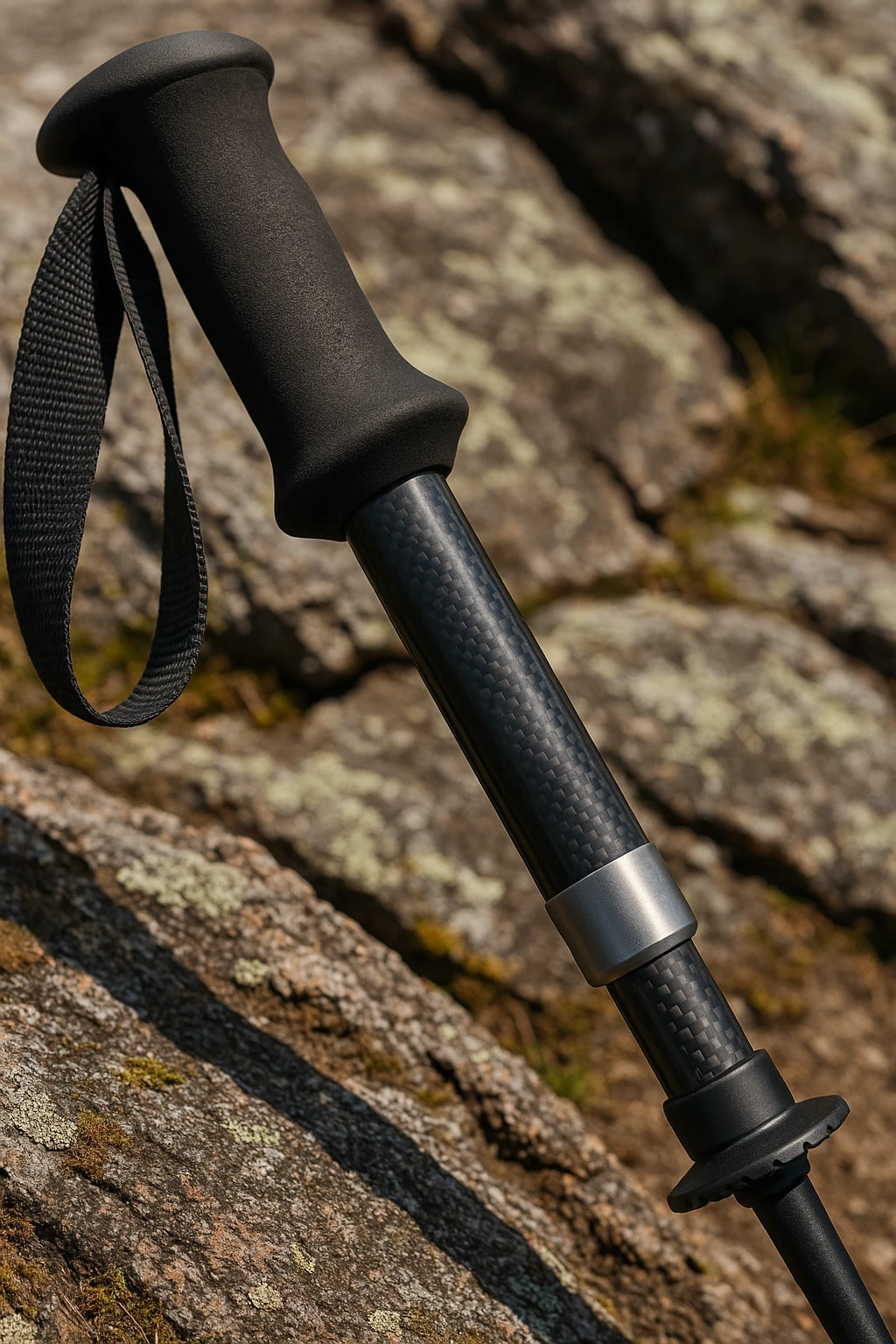Why Epoxy Resin is Essential in Modern Composite Manufacturing

Why Epoxy Resin is Essential in Modern Composite Manufacturing

Introduction
Epoxy resin plays a pivotal role in the advancement of modern composite manufacturing. From high-performance surfboards and skateboards to carbon fiber reinforcements and precision-engineered fishing rods, epoxy resin offers exceptional strength, superior adhesion, and resistance to environmental stressors. This article explores why epoxy continues to be the resin of choice for reinforcing lightweight, impact-resistant, and high-end composite products.
Superior Mechanical Performance

Epoxy resins are widely recognized for their outstanding mechanical properties, surpassing polyester and vinyl ester resins in nearly every category. Key advantages include:
- Higher tensile and flexural strength
- Enhanced fatigue resistance and dimensional stability
- Superior toughness under dynamic loads
These characteristics are vital in:
- Surfboards, which demand elasticity and shock absorption in aggressive wave conditions
- Skateboards, which endure repeated impact and flex
- Carbon fiber layups, where structural consistency is critical
Exceptional Adhesion to Reinforcements
Epoxy resins exhibit strong interfacial bonding with reinforcing fibers such as:
- Carbon fiber
- Fiberglass
- Aramid (e.g., Kevlar)
Their low shrinkage and excellent wetting properties enable deeper fiber penetration and cohesive interlaminar bonding. This minimizes delamination and boosts long-term durability in:
- Fishing rods, which must maintain flex and strength after repeated stress
- Sporting goods, where resin-fiber adhesion affects overall product safety
Environmental and Chemical Resistance
In demanding environments—wet, hot, salty, or UV-exposed—epoxy resin systems demonstrate superior durability. Key benefits include:
- Moisture and hydrolysis resistance
- Thermal stability over a wide temperature range
- Resistance to chemical degradation and solvent exposure
This makes epoxy ideal for:
- Surfboards exposed to saltwater and sunlight
- Composite equipment used in coastal and tropical climates
Tunable Formulations and Process Flexibility
Epoxy resin systems are adaptable for various manufacturing methods and performance requirements. Engineers can adjust:
- Viscosity: For hand lay-up, vacuum infusion, or filament winding
- Cure speed: From quick-setting to slow-curing systems
- Pot life and gel time: Optimized for small-scale crafting or large part assembly
Whether building one-off custom boards or large-scale composite structures, epoxy offers unmatched formulation flexibility.
Lightweight Strength and High Fiber Content
Thanks to their excellent wet-out properties and low void content, epoxies enable high fiber-to-resin ratios. The result:
- Lighter finished parts without sacrificing strength
- Reduced internal stress and warping
- Greater control over stiffness and load distribution
This directly benefits:
- Performance surfboards, where speed and maneuverability are linked to board weight
- Skate decks, seeking strength-to-weight ratio optimization
- Carbon fiber rods, demanding both precision casting and tensile strength
Sustainability and Bio-Based Alternatives
With growing demand for greener materials, bio-based epoxy systems are becoming viable for structural applications. Today’s sustainable epoxies offer:
- Up to 30–50% bio-based content
- Comparable mechanical strength to petroleum-based systems
- Lower carbon footprint and VOC emissions
These innovations support:
- Eco-conscious board brands
- Circular product design initiatives
- Regulatory compliance for low-emission production
Frequently Asked Questions (FAQ)
Q1: Is epoxy resin stronger than polyester for boards?
Yes. Epoxy resins offer superior strength, adhesion, and durability, making them ideal for performance boards.
Q2: Can epoxy be used with fiberglass or only carbon fiber?
Epoxy bonds well with fiberglass, carbon fiber, and Kevlar. It’s highly versatile across reinforcement types.
Q3: Is bio-based epoxy weaker than traditional epoxy?
Not necessarily. Many modern bio-based epoxies offer comparable strength and are suitable for structural use.
Q4: How do I select the right epoxy for my surfboard or rod?
Consider factors like cure time, temperature resistance, viscosity, and mechanical load. Our team can help recommend the ideal system.
Conclusion
For composite manufacturing focused on high-performance, light weight, and long-term reliability, epoxy resin is unrivaled. Its mechanical superiority, resistance to harsh environments, and formulation versatility make it the go-to solution for engineers, craftsmen, and sports equipment manufacturers.
As innovation continues, bio-based epoxy options further reinforce its relevance for sustainable product development.
Need help choosing the right epoxy system for your surfboard, carbon layup, or custom gear?
📩 Contact our technical team for personalized support and data sheets.





